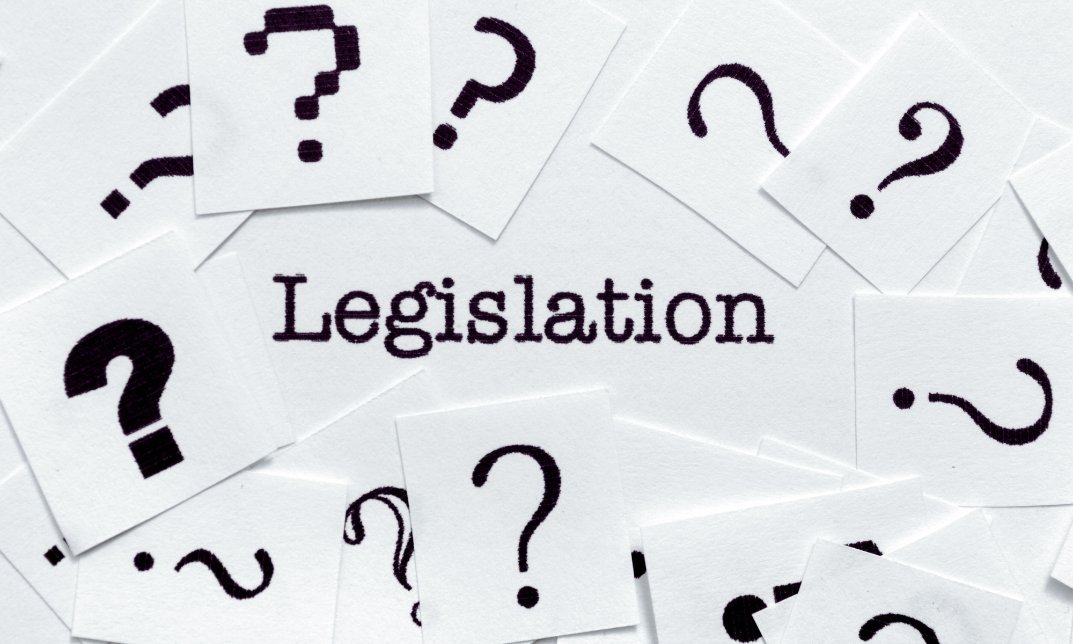No products in the cart.
Picture a caregiver facing aggressive outbursts during routine tasks. Situations like these raise an urgent question: What is challenging behavior in health and social care? Simply put, challenging behaviour means actions that cause distress or harm to the individual or to others. Clear knowledge of this topic builds safer services and stronger relationships.
The procedure of daily care requires numerous operational elements. The staff confront fast-paced schedules together with intricate service requirements and emotionally taxing scenarios. When challenging behaviour appears, pressure rises quickly. With the right tools, teams respond confidently and keep everyone safe.

What is challenging behaviour in health and social care?
Challenging behaviour takes many forms. The most frequent types include:
- Aggression – Physical or verbal actions aimed at harm.
- Self‑injury – Acts like hitting, scratching, or biting oneself.
- Disruptive actions – Shouting, throwing objects, or blocking routines.
- Inappropriate social conduct – Unwanted touching or offensive language.
- Withdrawal – Refusing to communicate or join activities.
- Property damage – Breaking personal or shared items on purpose.
- Absconding – Leaving safe areas without permission.
Knowing the exact behaviour guides the best response.
Understanding Causes and Triggers
No behaviour appears without a reason. Biological factors such as dementia, brain injury, epilepsy, or autism can lower tolerance and raise agitation. Psychological influences, including anxiety, depression, trauma, or unmet emotional needs, also play a strong role. Environmental stressors—noise, crowding, poor lighting, or sudden change—often intensify reactions. Limited speech, language gaps, or hearing loss hamper communication and increase frustration. Finally, unrecognised pain, hunger, fatigue, or drug side effects may push behaviour to a crisis point. Teams who track patterns, spot triggers, and update plans promptly prevent many incidents.
Impact on Individuals and Care Providers
Unmanaged, challenging behaviour hurts everyone. Individuals may feel guilt and shame after incidents. Relationships strain, and loneliness grows. Caregivers face stress, fatigue, and even injury. Morale drops, and staff leave. Services then spend more on reports and cover shifts. Insurance costs rise, and regulators may increase inspections. Public confidence in the service declines, making recruitment much harder. Early action protects well‑being and saves resources.
Strategies for Managing Challenging Behaviour
Caregivers can apply many practical strategies:
- Person‑centred care – Tailor care to personal history and likes.
- Positive Behaviour Support – Reward progress and prevent triggers.
- Effective communication – Speak clearly, listen actively, and use pictures when helpful.
- Environmental adjustments – Reduce noise, soften light, and create predictable routines.
- De‑escalation techniques – Stand calm, give space, and offer simple choices.
- Sensory tools – Provide fidgets, music, or weighted blankets to calm down.
- Collaborative problem solving – Include the person and family in support plans.
- Regular staff training – Hold sessions and drills to refresh skills.
Combine these methods in a clear behaviour plan. Share the plan with every staff member. Update it after each incident review. Consistent practice ensures steady progress and keeps everyone confident.

Legal and Ethical Considerations
Rights guide every action. Care teams must protect dignity, autonomy, and safety. Restraint or seclusion serves as a last resort under strict rules. Accurate, timely records prove accountability and support learning. Laws such as the Mental Capacity Act set clear duties. By following them, caregivers protect everyone.
Importance of Training and Education
Knowledge changes outcomes. Structured training shows staff how to assess risk and use Positive Behaviour Support. Short refresher sessions keep skills sharp. Peer mentoring builds a supportive culture. Managers celebrate progress and encourage reflection. Continuous learning lowers errors and boosts job joy.
Self-Care for Caregivers
Care work drains energy quickly. Caregivers must also care for themselves. Simple daily habits—short walks, deep breathing, or mindful breaks—restore focus. Peer debriefs after tough incidents release tension and prevent burnout.
Managers should schedule regular supervision, encourage holiday use, and praise good work. Healthy teams show higher patience and creativity, reducing behaviour incidents. Use employee assistance programmes for confidential counselling and stress advice. Join online support groups to share tips and gain fresh ideas.
Emerging Technologies and Innovative Approaches
Technology now works alongside caregivers. Artificial Intelligence scans behaviour logs and warns staff before the risk arises. Virtual Reality lets people practise coping skills in safe simulated scenes. Wearable devices track heart rate and motion, flagging rising stress for early intervention.
Telehealth connects remote experts who provide guidance through secure video, while interactive mobile apps teach breathing, social stories, and emotion regulation. AI‑guided learning software reviews behaviour plans and proposes safer, more respectful ideas. These tools add safety and insight while keeping human empathy central.

Family and Community Involvement
Families share priceless knowledge about history, likes, and calming methods, so regular meetings keep approaches consistent across settings. Community groups then offer social ties and creative outlets that reduce isolation and build resilience.
Common Misconceptions Clarified
Three myths often block progress.
- Some believe the individual behaves badly intentionally, yet typically, their actions demonstrate that they’ve got unmet needs.
- Others think punishment works best, but punishment increases fear and resistance.
- Many hope medication alone fixes the problem; although drugs may help, they never replace solid support strategies.
Replacing myths with facts fosters empathy and boosts success.
Further Helpful Resources
Many reliable sources exist. Government health portals provide free toolkits and policy updates. Professional bodies publish evidence‑based guides and accredited online courses offer flexible learning with expert feedback. In addition, support charities run helplines and peer networks for ongoing advice. Regular visits to these resources keep practice current and effective.
Conclusion and Next Steps
Good understanding of “What is challenging behaviour in health and social care?” leads to safe, respectful care. Teams that spot triggers and apply proactive strategies reduce incidents and enrich lives. Review your practice today, share this guide with colleagues, and enrol in our Level 3 Award in Health and Social Care Course to deepen your understanding and skills.






